
Emplois pour médecins en Suisse
Emplois pour médecins en Suisse
DOCTEUR
- Spécialiste Médecine générale
Suisse
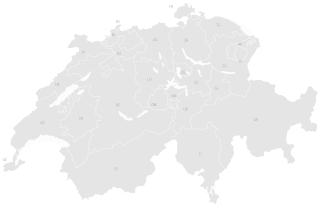
 Interested about Switzerland? Click below to read the description and to find out about:
Interested about Switzerland? Click below to read the description and to find out about:
Switzerland covers an area of 41,285 km2 with approximately 7.7 million inhabitants, speaking four official languages: German, French, Italian and Romansh. The country is member of EFTA (European Free Trade Association) and is consisting of 26 cantons, with Bern as the seat of the federal authorities.
Switzerland is the highest European countries (average altitude 1300 m), up to 60% of the land is occupied by the high peaks of the Western Alps, deep glacial valleys, pastures and dense forests. The highest point is Dufourspitze (4 634 m), located in Monte Rosa group.
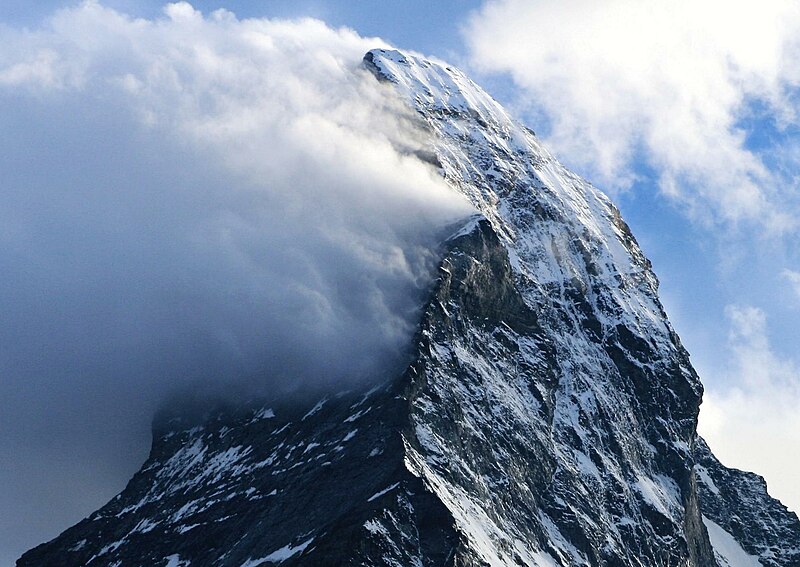

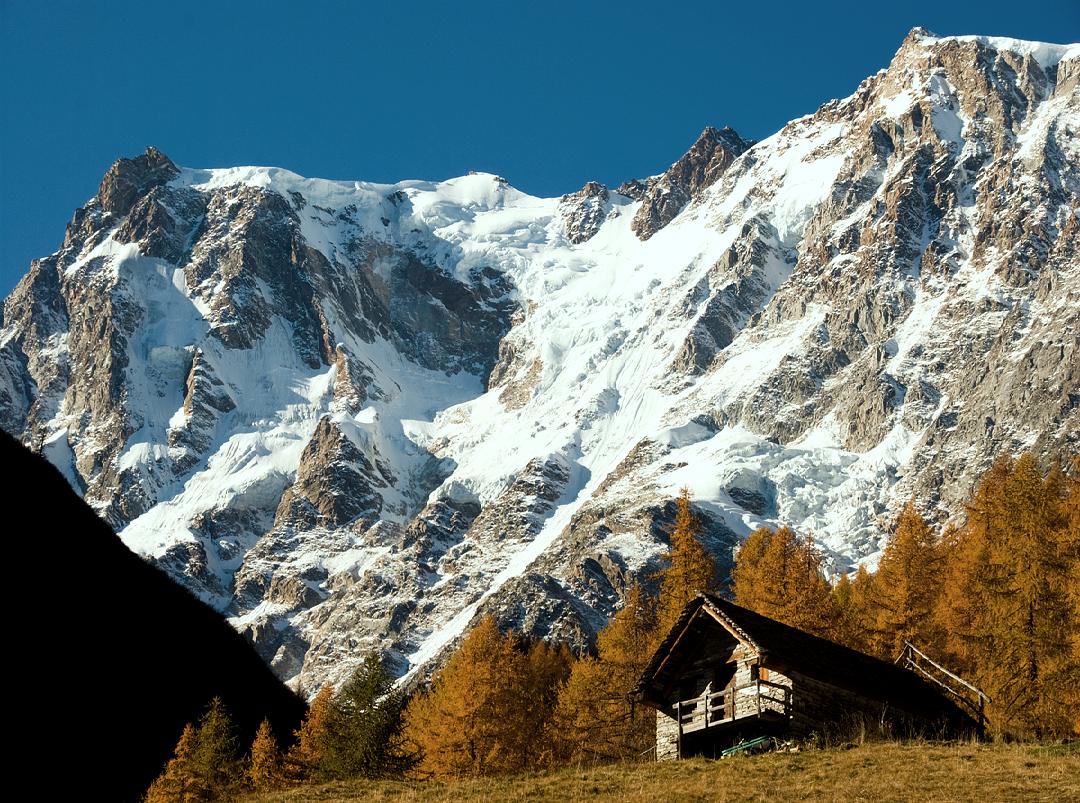

The mountainous character of Switzerland is responsible for spectacular differences in the weather among different regions. It is very common to move from a cold, cloudy and rainy landscape to a beautiful clear blue sky with hot sun in just a few minutes.
The warmest parts of the country are Montreux (where palm trees line the lake-side), Ticino and Valais. In Ticino, the Italian-speaking canton South of the Alps, there are over 298 sunny days a year and daily mean temperature in July are over 26ºC.In Valais, kiwis, peaches, figs and tomatoes are grown in orchards and tiny scorpions can be found.

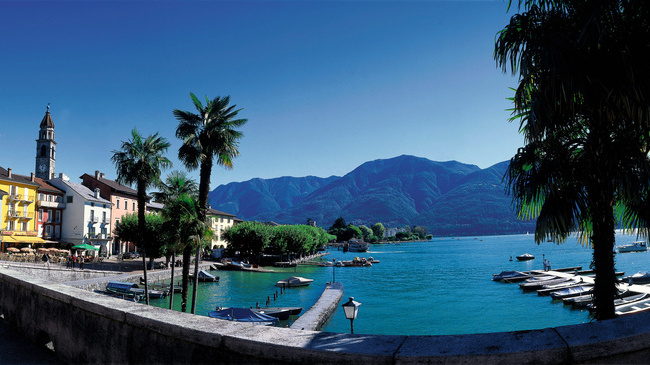
Montreux, Ticino


Switzerland is a peaceful, prosperous and modern market economy with low unemployment ( 4,5 % unemployment). Switzerland´s economy is based highly on a qualified labor force performing a highly skilled work (watches manufacturing, pharmaceuticals, heavy engineering, electrical machinery). The economy is highly specialized and dependent on international trade ( 40% of the gross domestic product [GDP]).The per capita gross domestic product is the second highest among the Organization for Economic Cooperation and Development countries ($ 81161 in 2011 according to the IMF).




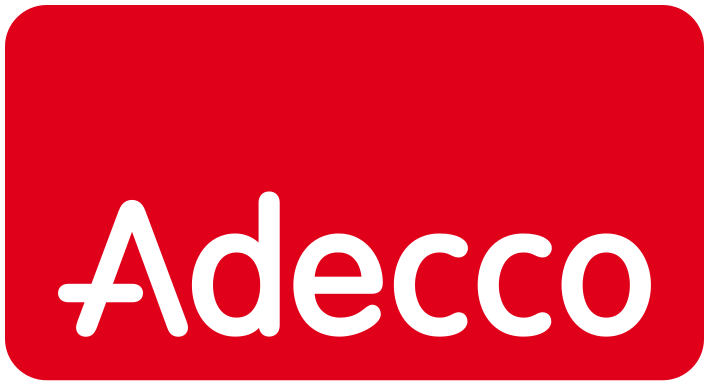




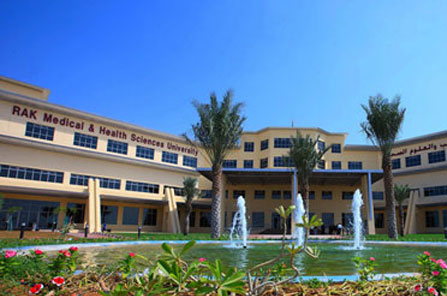
Each year the government establishes which treatments are covered under a basic health insurance package. The average annual health insurance cost for an individual in Switzerland was just over 4200 CHF(3000 Euro) in 2010.

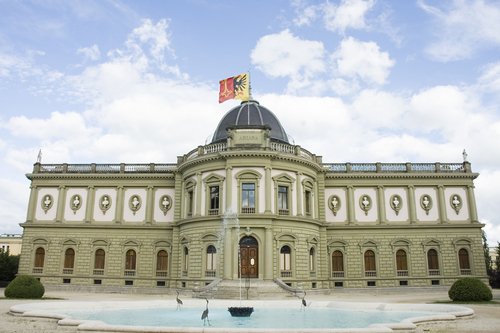
The Palais de Rumine, Ariana museum
Arts:
The well-known painters and sculptors of the 19th and the 20th centuries were Swiss or Swiss born : Albert Anker, Ferdinand Hodler, Alberto Giacometti and others or Swiss-born. Jean Tinguely and his creative crazy machines also hail from Switzerland.
Switzerland boasts a long tradition of architecture. The visitors will enjoy opulent Romanesque cathedrals such as those in Geneva or Basel, as well as Gothic churches in Zurich and Lausanne or the Jesuit Church in Lucerne, which, dating from 1666 ( the first example of the Baroque style in Switzerland).


Laussane Cathedral
Music:
Switzerland is also famous for its music festivals, ranging from classical to rock. Classical music festival include the Lucerne festivals in Easter and summer, the Ascona Music Festival in summer, the Menuhin Festival in Gstaad ( one of the most important classical music events in Switzerland,) and Snow and Symphony in the resort of St. Moritz.

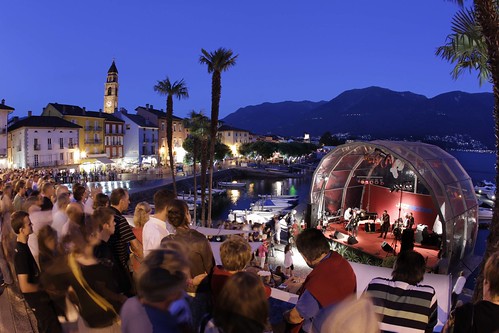

The open-air rock and pop festival



Some of the Specialities of Switzerland's Cuisine are: famous national dish Rösti (grated potato fried in a pancake), Älplermagronen, Fondue and Raclette.



Winter sports are very popular in this mountainous country. Apart from skiing and mountaineering, Swiss-style wrestling (Schwingen) is also popular in rural areas. Sunday-morning shooting sessions and Hornussen (a kind of Alpine baseball) are other traditional Swiss sports. Sports are developed and you can take your pick from tennis, golf, ice hockey, football (soccer), basketball, handball, gliding, paragliding, sailing, swimming, volleyball, floorball, mountain biking and hiking.
Food:
- Milk (regular), 1 liter: 1.28 Eur
- Loaf of Fresh White Bread (500g): 2.36 Eur
- Eggs (12): 5.15 Eur
- Fresh Cheese (1kg): 17.05 Eur
- Chicken Breasts (Boneless, Skinless), (1kg): 20.37 Eur
- Apples (1kg): 3.61 Eur
- Oranges (1kg): 2.5 Eur
- Potato (1kg): 2.08 Eur
- Lettuce (1 head): 2 Eur
- Water (1.5 liter bottle): 1 Eur
- One-way Ticket (local transport) : 2.7 Eur
- Monthly Pass: 63.24 Eur
- Taxi Start (Normal Tariff): 5.2 Eur
- Taxi 1km (Normal Tariff): 3.48 Eur
- Gasoline (1 liter): 1.55 Eur
- Basic (Electricity, Gas, Water, Garbage) for 85m2 Apartment: 160.27 Eur
- 1 min. of Prepaid Mobile Tariff Local (No Discounts or Plans): 0.35 Eur
- Internet (6 Mbps, Unlimited Data, Cable/ADSL): 41.81 Eur
- Fitness Club, Monthly Fee for 1 Adult: 84.45 Eur
- Tennis Court Rent (1 Hour on Weekend): 29.71 Eur
- Cinema, International Release, 1 Seat: 15.1 Eur















